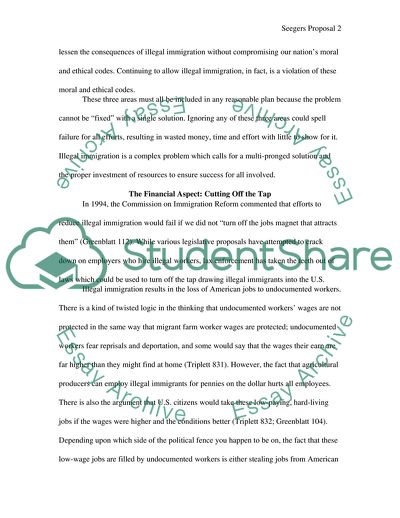Cite this document
(Three Part Proposal to Alleviate the Problem of Illegal Immigration Article, n.d.)
Three Part Proposal to Alleviate the Problem of Illegal Immigration Article. https://studentshare.org/law/1727178-immigration
Three Part Proposal to Alleviate the Problem of Illegal Immigration Article. https://studentshare.org/law/1727178-immigration
(Three Part Proposal to Alleviate the Problem of Illegal Immigration Article)
Three Part Proposal to Alleviate the Problem of Illegal Immigration Article. https://studentshare.org/law/1727178-immigration.
Three Part Proposal to Alleviate the Problem of Illegal Immigration Article. https://studentshare.org/law/1727178-immigration.
“Three Part Proposal to Alleviate the Problem of Illegal Immigration Article”. https://studentshare.org/law/1727178-immigration.


